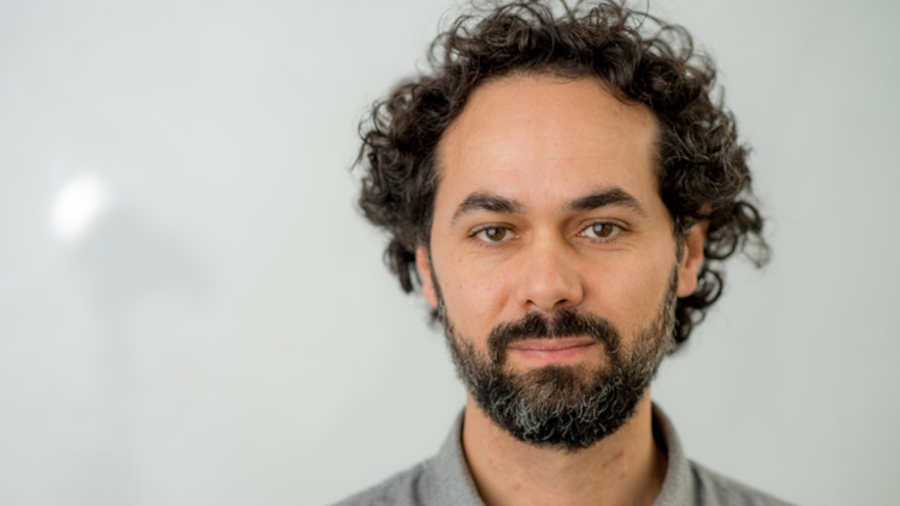Researcher Diego Blas receives the Buchalter Prize in Cosmology
Diego Blas Temiño, researcher at the UAB Department of Physics and at the IFAE, has been awarded the Buchalter Prize in Cosmology for his research on gravitational waves.

The article «Bridging the μHz gap in the gravitational-wave landscape with binary resonance», published in the journal Physical Review Letters in 2022, has been awarded the second Buchalter Cosmology Prize of $5000 for its «potentially large impact on the exploration of gravitational waves at the microhertz, which may enable the first detections of signals from the heart of the Big Bang, generated in cosmological phase transitions», according to the competition's jury. The prize will be awarded to the two authors of the paper, Diego Blas and Alexander Jenkins (University College London).
The Buchalter Prize in Cosmology is an annual award that fosters research at the cutting-edge of theoretical, observational and experimental cosmology. In particular, it is awarded to authors with results having the potential to bring about transformative changes in our understanding of the universe.
Diego Blas Temiño is a Beatriz Galindo Senior Distinguished Researcher in the Department of Physics at the UAB and researcher at the Institut de Física d'Altes Energies (IFAE). He obtained his PhD in Physics at the University of Barcelona in 2008 and was a postdoctoral researcher in Professor Shaposhnikov's group at the École Polytechnique Fédérale de Lausanne until 2011. After a brief research period at New York University, he moved to CERN's Theory Division in early 2012. He became a senior scientist at CERN in 2014 and worked there until 2018, when he moved to King's College London as a senior lecturer. In July 2021 he joined the UAB staff.
Diego Blas' main areas of research are theoretical cosmology, gravitational physics and tests of physics beyond the standard model with astrophysical methods. He is currently working on the search for new physics (dark matter and gravitational waves in particular) with quantum devices and in the extreme environments of pulsars, novel ways of understanding how cosmological observations can teach us more about the properties of dark matter and the fundamental properties of quantum gravity.
More information:
Research article «Bridging the μHz gap in the gravitational-wave landscape with binary resonance» published in Physical Review Letters
News article about the research published on the UAB website